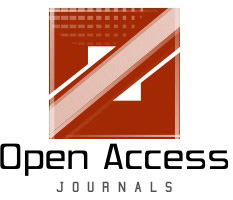ENERGY EFFICIENT ROUTE IDENTIFICATION AND CLASSIFICAION USING Q-LEARNING BASED TECHNIQUES
Keywords:
Ant Colony Optimization Algorithm (ACO), Particle Swarm Optimization Algorithm (PSO), Adaboost, Random Forest (RF) Wireless Sensor Networks (WSN), Optimization, Effective Routing protocol, theAbstract
As increased advancements in electronics and in communication technology rapidly evolved, the use of Wireless Sensor Networks (WSN) also increased in which vast number of tiny sensors is used for communication. Researchers are facing significant challenges in developing a robust and energy-efficient routing protocol for the WSN. These routing protocols are used in various applications for the benefit of everlasting and to bring vital importance on every communication task. The existing approaches and models are forecasting the clustering and node selection mechanism and dis-regarded the other important aspects of the routing protocols such as safe and maintaining energy-efficient data transfer in communications. To provide such efficient routing protocol services, the development of resilient and key issues of energy management systems is mandatory. In order to determine energy-efficient route for the data transmission from the base node to the destination node the hybrid algorithm (Ant Colony Optimization (ACO) algorithm integrated with Particle Swarm Optimization (PSO) algorithm) is used where the trust and fitness values are considered to find the optimal solutions for routing in WSN. As the sensor nodes are dynamic in nature with large data sets and also to provide robustness it is needed to implement Q- learning based algorithms for the data classifications into train and the test data. The proposed technique also uses Adaptive Boosting (Adaboost) and Random Forest(RF) techniques for the classification of prediction results. The overall model is evaluated using the performance metrics comprising the accuracy rates, precision, throughput, delay and the packet-delivery ratios.











